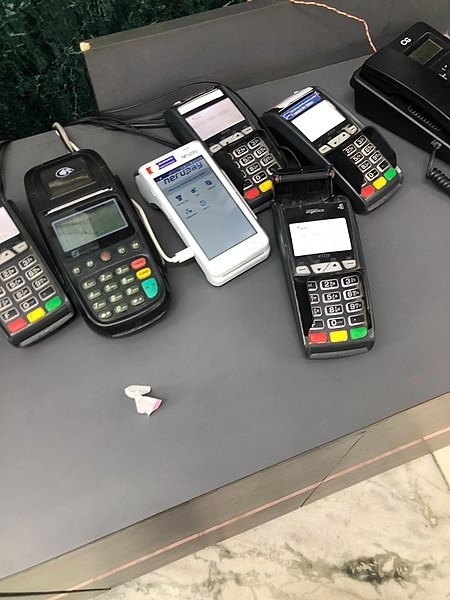RBI set to tighten regulations in POS sector

The Reserve Bank of India (RBI) is reportedly preparing to introduce a new set of guidelines for issuing licenses in the point of sales (POS) business.
This initiative seeks to create a distinct category within financial services to enhance fairness and ensure a level playing field for both online and offline payment operators.
The upcoming licensing framework will not impact banks and non-banking financial companies already involved in the POS sector.
Instead, it targets third-party operators like BharatPe, MSwipe, Paytm, and PineLabs, which will need to secure licenses to maintain their operational status.
These new regulations are prompted by the rapid expansion of third-party operators in the offline payments arena.
Currently managing daily average balances of ₹400 crore—significantly less than the ₹1,000 crore in the online space, these entities are under increased scrutiny.
Industry experts advocate for regulatory adjustments before the offline market grows further.
Similar to payment aggregator licenses, the new requirements for POS operators will likely include a minimum net worth of ₹25 crore. Besides, they have to adhere to RBI’s fit and proper conditions.
Despite reaching out, the RBI has not commented on these developments.
Key industry concerns necessitating this regulatory approach include a surge in cash loans via credit card transactions at POS terminals, potentially bypassing proper know-your-customer protocols.
This practice raises significant regulatory red flags, suggesting that some merchants might be exchanging these large, one-time card swipes for cash.
Additionally, data management inconsistencies among POS operators present security challenges.
With data retention varying from 90 days to over a year, there is a pressing need for standardized practices that align with stringent security measures.
The sector also faces issues with fund management, particularly the delayed settlement of funds to merchants and the risks posed by unregulated entities mismanaging merchant funds.
As the RBI moves forward with these licensing stipulations, the effect on major players awaiting approval for payment aggregator services, such as BharatPe and Paytm, will be critical to watch.
This step by the RBI could significantly reshape how POS operations are conducted, prioritizing transparency and security in the process.
Image Credit: Nirjal stha, CC BY-SA 4.0, via Wikimedia Commons
Image Reference: https://commons.wikimedia.org/wiki/File:POS_machines_of_Nepal.jpeg









Leave a Reply